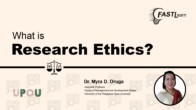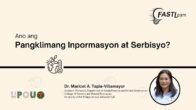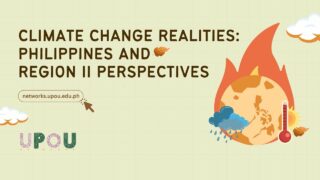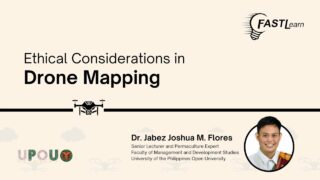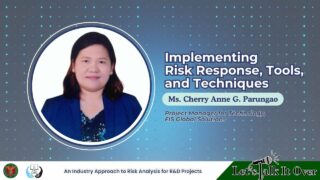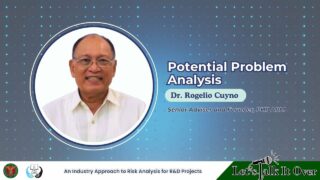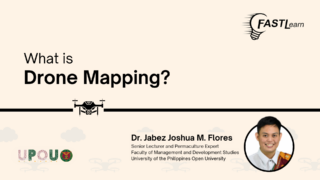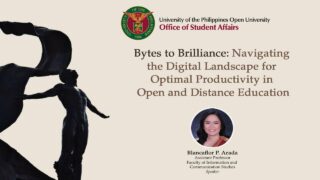What is research ethics?
So essentially, research ethics is a principle; it’s a guideline; it’s a standard we follow when we conduct research which involves human participants. It aims to protect the rights of the person or the human participants, as well as yung kanyang well-being and dignity, lalo na kung naka-involve siya or she/he is participating in a research. It encompasses research integrity and credibility of a research process, so that’s research ethics.
Why is it considered an essential aspect of the research process?
It is considered as an essential aspect of a research process because research ethics promotes integrity as I’ve said. It also gives the research process credibility, and moral responsibility of the researcher itself. There are several key aspects of the essentiality of research ethics in a research process. Number one, the importance of the informed consent, we all know that. We have to inform the person because he has the right to autonomy. Either he agreed voluntarily or he/she could refuse to participate in that research. Another one is yung moral responsibility of a researcher. Napoprotektahan yan kasi, kaya essential siya. Also it gives at least a public trust and responsibility, not only to the researcher, but also to the participants, so kaya siya essential.
In the context of research, why is it important to balance scientific goals with ethical considerations?
So it’s important to balance scientific goals to ethical consideration because it ensures the pursuit of knowledge is conducted responsibly, with transparency, and with a commitment to the well-being and rights of all individuals involved in the research process. In other words, essentially, you are protecting the human dignity of the person. This approach contributes to the overall integrity; that’s very important. Research integrity and credibility is very important kasi there are a lot of researchers now that are sometimes, ginagawa siya lang because, minsan dinadaya yung data, etc. So with research ethics, we balance that out. We monitor, because we monitor right. When one paper or one proposal is subjected to research ethics, it’s a continuous process until the end of the implementation, until the research is over and has been presented to the public, okay. This approach contributes to overall integrity and credibility of the scientific endeavor.
